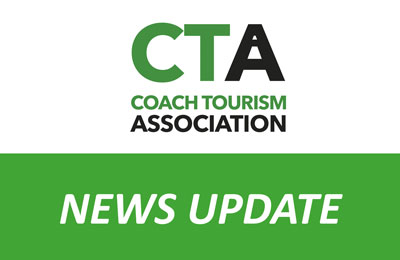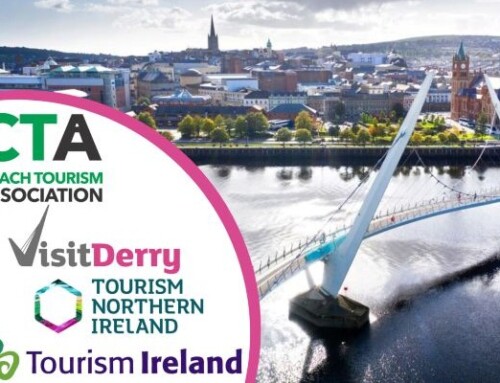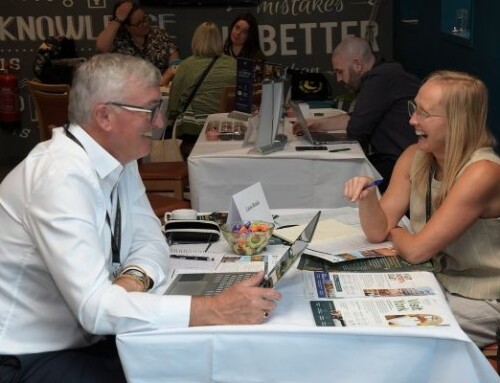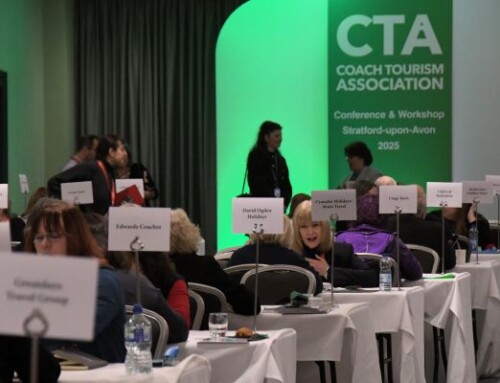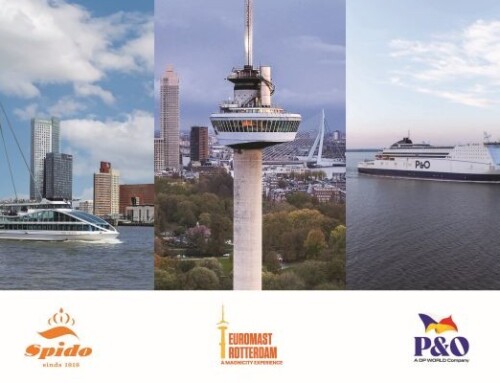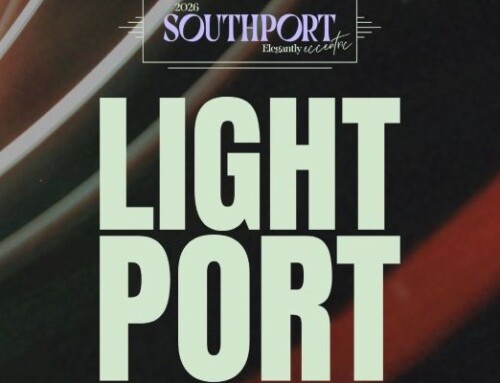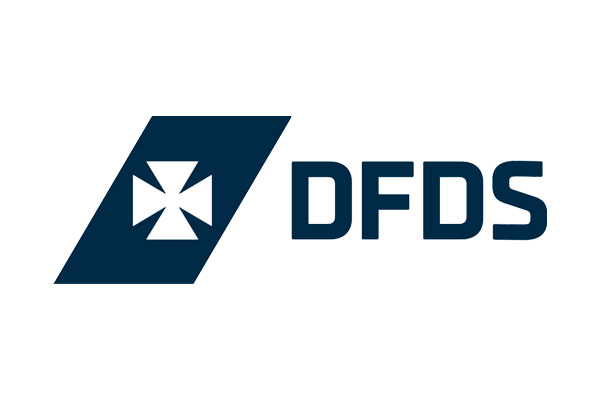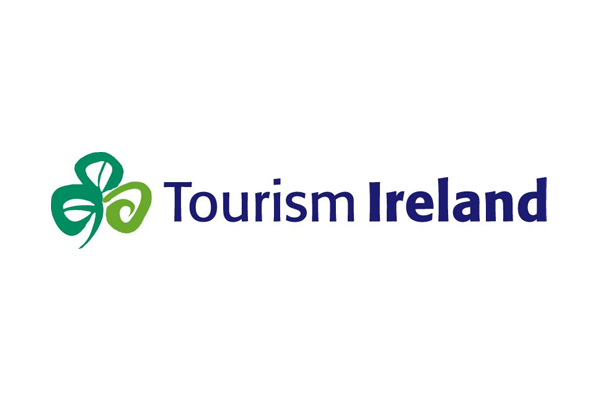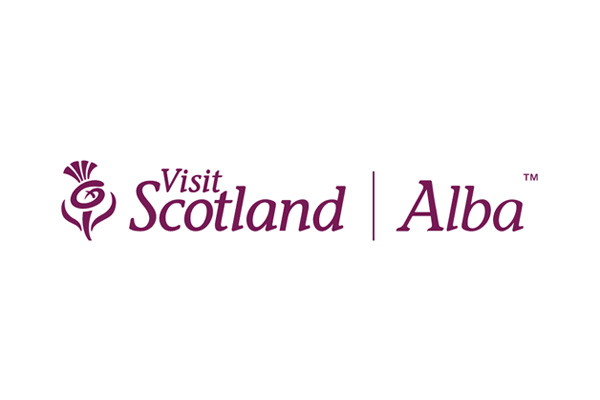COVID-19 Updates – week commencing 15/03/21
More updates of developments from the government and various links to interpretation and guidance.
Go to date:
15 March 2021 …
Tourism Alliance update:
Revised Primary Guidance for Tourism and Hospitality Businesses
The Primary Guidance on Working Safely During Coronavirus for different components of the Tourism Industry has been updated to take account of changes in Rules associated with Step one of the Government’s Roadmap. I’ve been though the guidance and highlighted the key changes to be aware of.
Visitor Economy Guidance
In-person meetings for work, training or education purposes should only take place where they cannot be delayed or reasonably be conducted remotely. If you intend to host these types of meetings in your facility, you must be able to demonstrate that you have followed this COVID-19 guidance and that social distancing can be maintained throughout the event. You can find more information in the section on business meetings and events.
Permitted venues, including exhibition and conference centres, can hire out function and event spaces for essential work, education and training, where these events cannot reasonably be conducted remotely. However, you must not host conferences, exhibitions, trade shows, private dining events or banquets. You can find more information in the section on business meetings and events.
Some outdoor spaces at visitor attractions can be visited for the purposes of exercise and recreation (for example, for a picnic), where they are public outdoor places. Visitors must adhere to the rules on social contact (see below) but can travel a short distance within the local area if necessary (for example, to access an open space). This applies to outdoor locations at visitor attractions such as sculpture parks, botanical gardens, biomes or greenhouses, landmarks, and heritage locations including historic parks, gardens, landscapes, ruins and monuments open to the elements, even where entry is paid for. Those outdoor venues and attractions that are permitted to remain open can offer food and (non-alcoholic) drinks as a takeaway service. You can find more information in the section on changes to facilities and services.
https://www.gov.uk/guidance/working-safely-during-coronavirus-covid-19/the-visitor-economy
Heritage Locations
Some outdoor heritage locations can be visited for the purposes of exercise and recreation (for example, for a picnic), where they are public outdoor places. Visitors must adhere to the rules on social contact (see below) and should stay local (within the village, town, or part of the city where they live) but can travel a short distance within the local area if necessary (for example, to access an open space). Where possible, you should minimise travel. This applies to outdoor heritage locations including cultural World Heritage Sites and historic parks, gardens, landscapes, ruins and monuments open to the elements, even where entry is paid for.
Those outdoor venues that are permitted to remain open can offer food and (non-alcoholic) drinks as a takeaway service.
Indoor locations, such as roofed and enclosed historic buildings remain closed, although any grounds including car parks and toilets can remain open, where they can be accessed separately to the indoor attractions.
Visitor centres remain closed, at both indoor and outdoor heritage locations. Toilets may remain open.
Events and meetings: Permitted venues, including exhibition and conference centres, can hire out function and event spaces for essential work, education and training purposes, where these events cannot reasonably be conducted remotely. However, they must not host conferences, exhibitions, trade shows, private dining events or banquets. You should check the guidance for the Visitor Economy and ensure you adhere to any relevant measures. You can find more information in the section on meetings and events.
Weddings/civil partnerships and funerals: Weddings and civil partnerships are only permitted in exceptional circumstances. You should check the guidance on wedding and civil partnerships receptions and celebrations and funerals and ensure you follow any relevant measures. You can find more information in the section on meetings and events.
https://www.gov.uk/guidance/working-safely-during-coronavirus-covid-19/heritage-locations
Hotels and Guest Accommodation
Events and meetings: permitted venues, including exhibition and conference centres, can hire out function and event spaces for essential work, education and training purposes, where these events cannot reasonably be conducted remotely. However, they must not host conferences, exhibitions, trade shows, private dining events or banquets. You should check the guidance for the Visitor Economy and ensure you adhere to any relevant measures. You can find more information in the section on business meetings and events.
Weddings/civil partnerships and funerals: Weddings and civil partnerships are only permitted in exceptional circumstances. You should check the guidance on wedding and civil partnerships receptions and celebrations and funerals and ensure you follow any relevant measures. You can find more information in the section on meetings and events.
Hospitality: there are restrictions on how you provide food and drink, and hospitality facilities (such as restaurants, bars and pubs) in your venue must remain closed, with the exception of providing food and non-alcoholic drinks for takeaway (until 11pm), click-and-collect and drive-through. All food and drink (including alcohol) can continue to be provided by delivery. You can find more information in the section on hospitality (food and drinks), and the guidance for restaurants, pubs, bars and takeaway services.
Certification Consultation
One of the four reviews that the Government announced on 22nd Feb to sit alongside the Roadmap as on the use of Certification. The government is reviewing whether COVID-status certification could play a role in reopening our economy, reducing restrictions on social contact and improving safety. Such certification would be available both to vaccinated people and to unvaccinated people who have been tested. As part of this the Government is undertaking a short, 2 week consultation the ethical, equalities, privacy, legal and operational aspects of a potential certification scheme, and what limits, if any, should be placed on organisations using certification.
Further Details on Wedding Reopening
Step 1 – 8 March
Weddings of 6 can happen but these should only be in exceptional circumstances. Receptions are not permitted.
Step 1a – 29 March
Weddings of 6 can happen (with no requirement for this to be in exceptional circumstances). Receptions can only take place in line with social contact limits (i.e. outdoors in a group of six, or two households).
Step 2 – 12 April
Weddings and receptions are permitted for up to 15 people.
Step 3 – 17 May
Weddings and receptions can proceed with up to 30 people. A broader range of stand-alone life events will also be permitted at this step, including bar mitzvahs and christenings.
Step 4 – 21 June
Ahead of this date, the Government will launch the Events Research Programme, to consider how and when restrictions can be lifted from large events including wedding receptions.
Budget Debate
There was a budget debate in the Lords on Friday at which Baroness Doocey again raised the issue of support for tourism businesses that have so far fallen through the cracks in terms of support (attached speech). She is following up on this with Lord Agnew.
Bus Back Better
The Government has published its long-term national bus strategy for England (excluding London). The strategy aims to reform of how bus services are planned and delivered. The core of the strategy for every local transport authority and bus operator in England to be in a statutory enhanced partnership or a franchising arrangement. The Government will make £25 million available for these to be developed and to produce Bus Service Improvement Plans by the end of October 2021. These plans are to set out a roadmap to better services for passengers and communities, urban and rural, and be driven by local needs. The strategy also includes a commitment to consult on ending the sale of new diesel buses by 2030 and the announcement that 17 rural and suburban communities will receive £20 million from the government’s Rural Mobility Fund to trial on-demand services that are able to get closer to where people live and at a time convenient for them.
CMA Analysis of Complaints and Activities
The CMA has produced an analysis of the complaints that it has received during the outbreak. The two most significant sources of complaint being price increases and cancellations and refunds – which have accounted for the majority of complaints since March 2020. These complaints peaked at 22,500 complaints in May before rapidly dropping off and have remained level at around 2,000 complaints a month since October 2020. In terms of value, weddings accounted for only 2,400 complaints but the average value of the complaint was very high at £6,500. Due to the level of these complaints, the CMA’s activities have on various components of the tourism industry and the report highlights the actions that have been taken in respect to Holiday companies, airlines, wedding organisers and holiday letting firms.
17 March 2021 …
Scotland’s Reopening Plan
Scotland has published its reopening plan with more details on when restrictions are planned to be lifted. Key dates are:
2 April
The ‘Stay at Home’ requirement is lifted and replacing it with a ‘Stay Local’ message
April
- the resumption of outdoor contact sport for 12-17 year olds
- return of college students within the top three priority groups
- reopening of non-essential ‘click and collect’ retail
- extending the list of retail permitted
12-19 April
- all children back to school full-time
April
- tourist accommodation to reopen (self-catering accommodation to be restricted in line with rules on indoor gathering)
- weddings and funerals for up to 50 (including wakes and receptions with no alcohol permitted)
- libraries, museums, galleries re-open
- outdoor hospitality to open till 22:00 with alcohol permitted. Indoor hospitality permitted without alcohol and closing at 20:00
- social mixing in indoor public places will be subject to current maximum of 4 people from up to 2 households The prohibition of in-home socialising will continue to be kept under review at this date.
May
- re-introducing in-home socialising for up to 4 people from up to 2 households
- further re-opening of hospitality: bars, pubs, restaurants and cafes can stay open until 22:30 indoors with alcohol permitted and 2 hour time-limited slots and until 22:00 outdoors with alcohol permitted
- adult outdoor contact sport and indoor group exercises can resume
- cinemas, amusement arcades and bingo halls can re-open subject to capacity constraints
- small scale indoor and outdoor events can resume subject to capacity constraints (to be confirmed following stakeholder engagement)
- non-professional performance arts can resume outdoors
Additions to Red List Countries
The Government has announced that Ethiopia, Oman, Somalia and Qatar will join the Red List of countries from 4am Friday 19 March 2021. This means that travel to the UK is banned from these countries except for British and Irish nationals and for people with residency rights. Those allowed to travel from these countries will be required to quarantine in a government-approved hotel quarantine facility for 10 days. Of the countries on the list, Qatar is the most important as Doha is a significant aviation hub for long-haul flights to the UK.
Certification Terms of Reference
Yesterday I sent through the short consultation that is being undertaken as part of the Certification review. The Government has now published the terms of reference for this review, which are:
Whether there is a case for introducing COVID-status certification, including:
the extent to which certification would be effective in reducing risk, including evidence on the likely clinical and behavioural impacts in different settings taking consideration of emerging evidence on vaccine efficacy, effectiveness, and effect on transmission
the extent to which certification would be effective in reopening parts of the economy and society more quickly and more safely than otherwise
the ethical, equalities, privacy, legal and operational aspects of COVID-status certification
the implications of certification for those unable or unwilling to get vaccinated or tested, including the equalities implications; and ○ the impacts of certification on those groups disproportionately affected by the pandemic
The mechanics of how COVID-status certification would work, including:
how COVID status would be conferred, including through vaccination and the use of different testing technologies
the mechanisms through which COVID-status could be demonstrated, including technological and non-technological options
what limits, if any, should be placed on which organisations could use certification for which purposes
for how long the use of COVID-status certification may be relevant.
Weddings
Yesterday the Working Safely with Coronavirus guidance for hotels and historic location was updated to take into account Stage 1 relaxations. Both sets of guidance stated:
Weddings/civil partnerships and funerals: Weddings and civil partnerships are only permitted in exceptional circumstances. You should check the guidance on wedding and civil partnerships receptions and celebrations and funerals and ensure you follow any relevant measures. You can find more information in the section on meetings and events.
However, this morning the UK Weddings Taskforce came out with a statement saying that they have been told that from 12th April to 17th May, weddings can only be held in “places of worship, public buildings, locations and outdoor settings that are already permitted to open”
https://ukweddings.org/updates/statement-16-03-21
Northern Ireland Business Support Grants
New business support grants of £178m have been announced in Northern Ireland. The two grants that have the most significance for tourism businesses are:
50k for businesses with an NAV over 51k that are eligible for the 12 months rates holiday (retail, hospitality, leisure, tourism, manufacturing, childcare, newspaper producers). Examples of the kinds of business that this will benefit are shops, car showrooms, garden centres, gyms and fitness suites, equestrian centres, and caravan parks
10k for businesses that received the £25k Retail, Tourism, Hospitality and Leisure Grant and have not been paid LRSS or CRBSS Part B.
https://www.finance-ni.gov.uk/news/murphy-delivers-ps178-million-support-businesses
Digital Green Passport
Further to the emails I’ve been sending round regarding certification, the European Commission has launched a proposal for a Regulation on the Digital Green Certificate to facilitate safe free movement inside the EU during the COVID-19 pandemic.
The Digital Green Certificate will be a proof that a person has been vaccinated against COVID-19, received a negative test result or recovered from COVID-19. It will be available, free of charge, in digital or paper format and will include a QR code to ensure security and authenticity of the certificate. The Commission will build a gateway to ensure all certificates can be verified across the EU, and support Member States in the technical implementation of certificates.
European tourism associations have welcomed the initiative and asked for more action to coordinate travel restrictions; create an EU framework for travel-related testing activities and launch a coordinated approach for reopening the tourism businesses.
It is therefore important that any UK certification programme either links with the EU’s Digital Green Passport, or that there is mutual recognition of EU and UK schemes, in order for tourism flows to be as smooth a possible.
https://ec.europa.eu/info/sites/info/files/en_green_certif_just_reg130_final.pdf
- SME Brexit Support Fund
The SME Brexit Support Fund is now open for applications. This fund provides up to £2,000 to help with training or professional advice for businesses with up to 500 employees and a turnover of less than £100m. There are two types of grants:- Grant for Training
These grants can be used to provide training on the following: How to complete customs declarations; How to manage customs processes and use customs software and systems; Specific import and export related aspects including VAT, excise and rules of origin.
https://www.customsintermediarygrant.co.uk/sme-grants-available-training
Grant for Professional Advice
This grant can be used to get professional advice, so your business can meet its customs, excise, import VAT or safety and security declaration requirements.
https://www.customsintermediarygrant.co.uk/sme-grants-available-advice
Applications will close on 30 June 2021 or earlier, if all funding is allocated before this date
